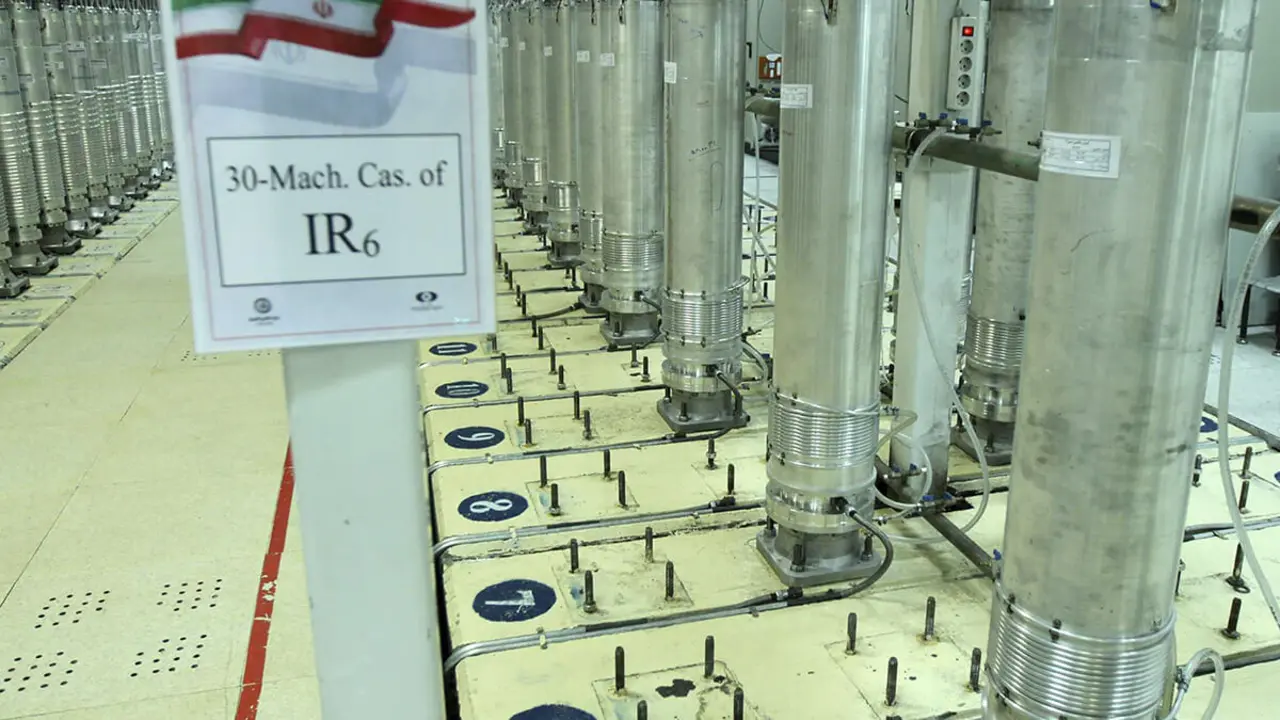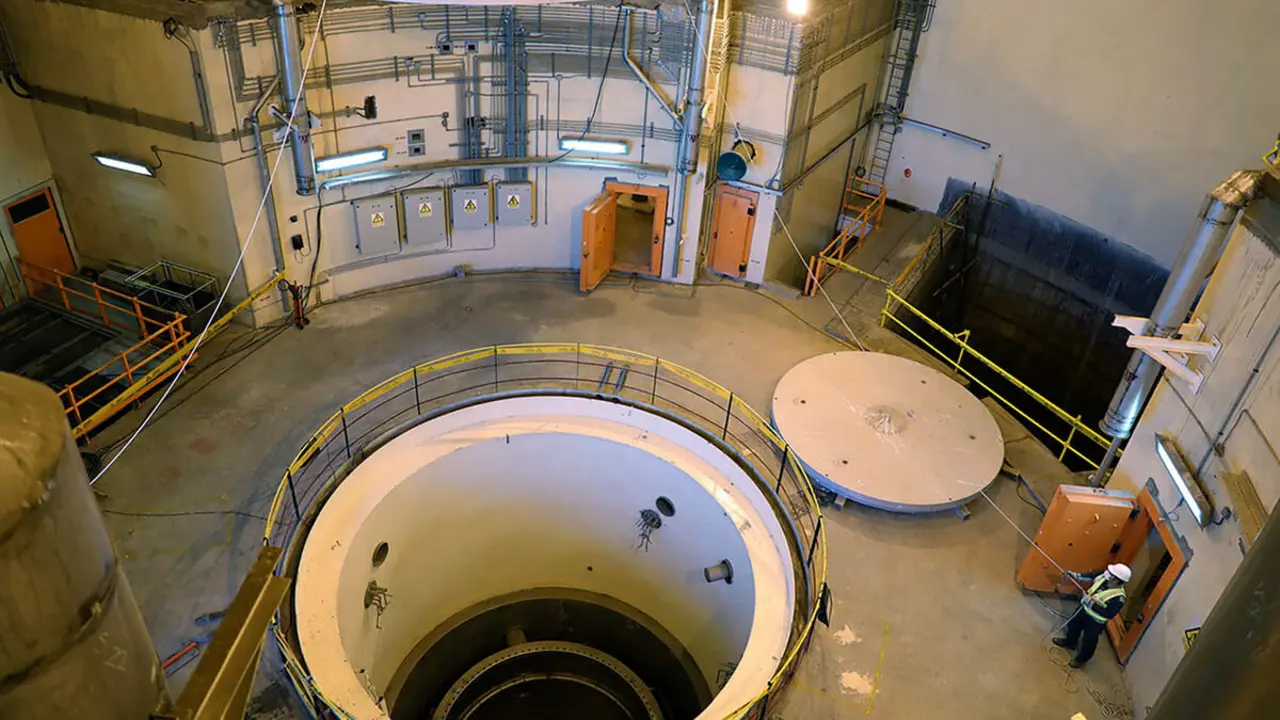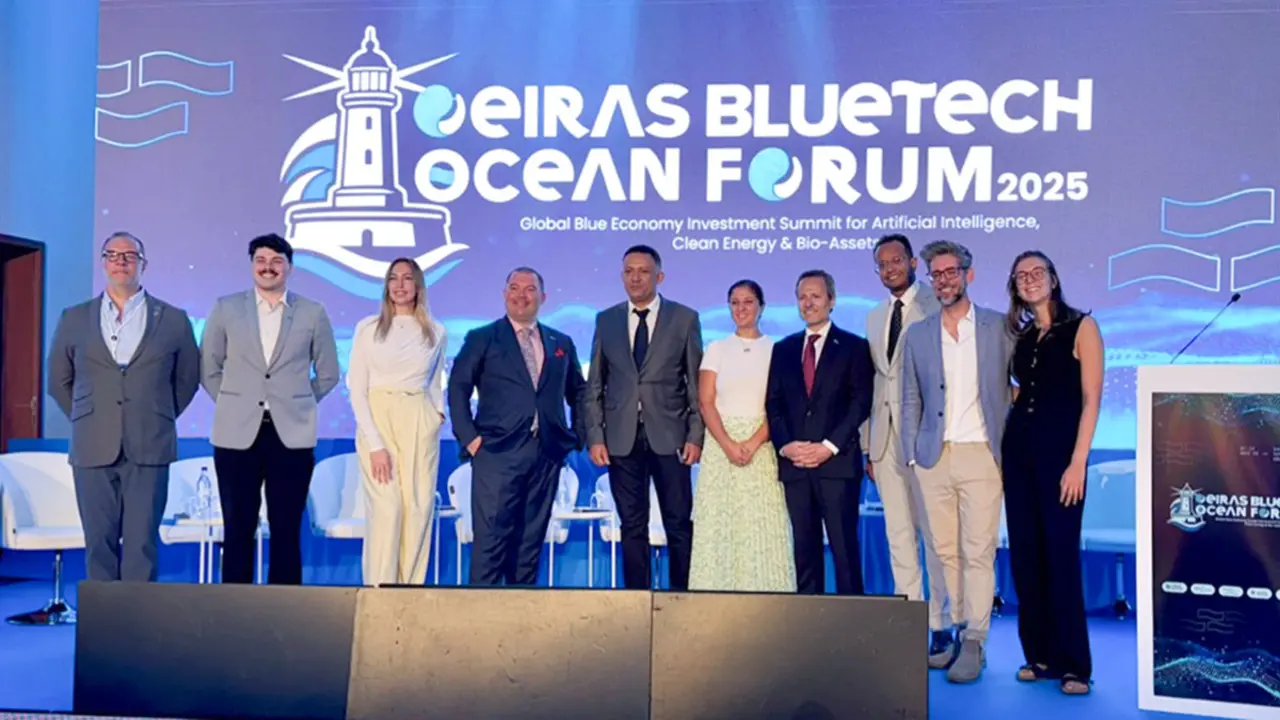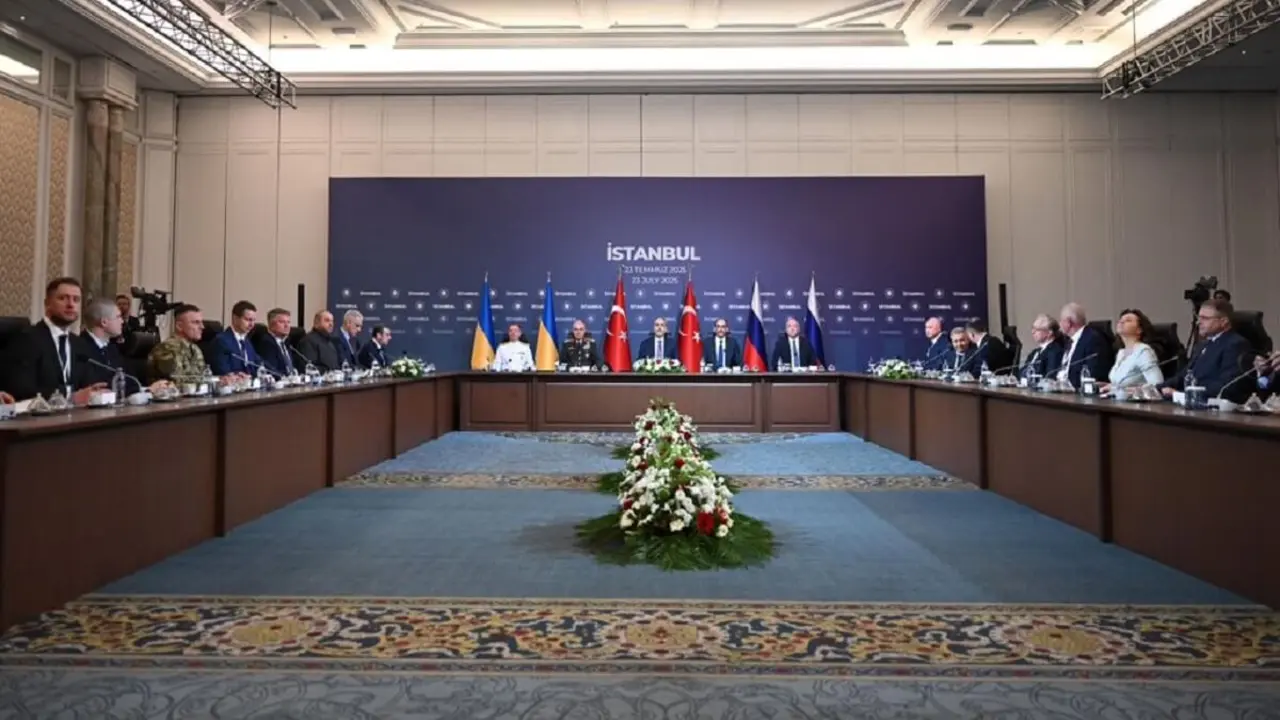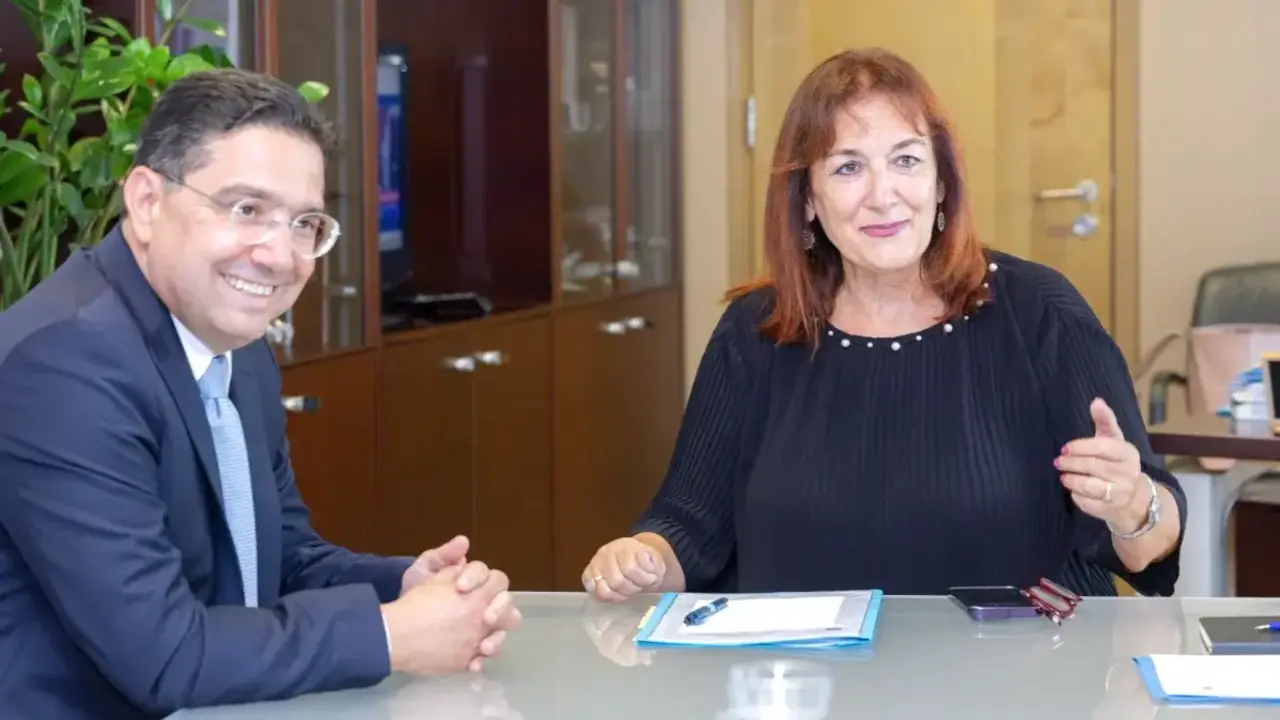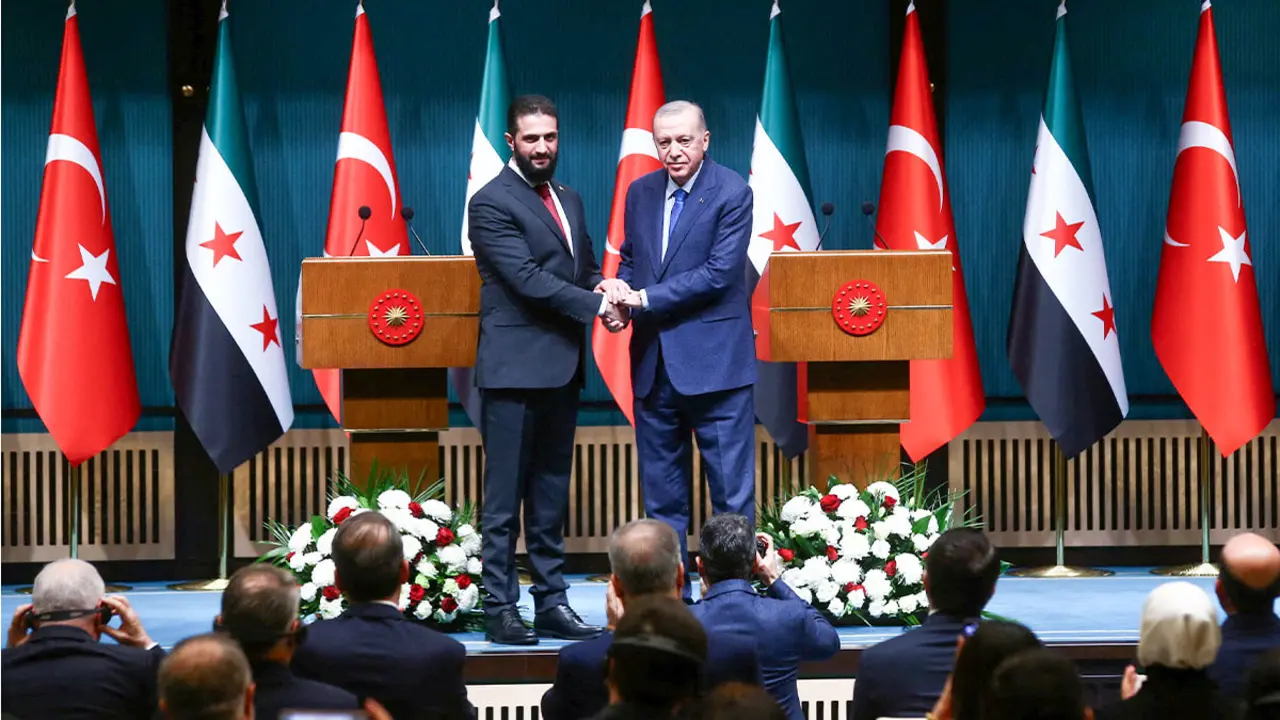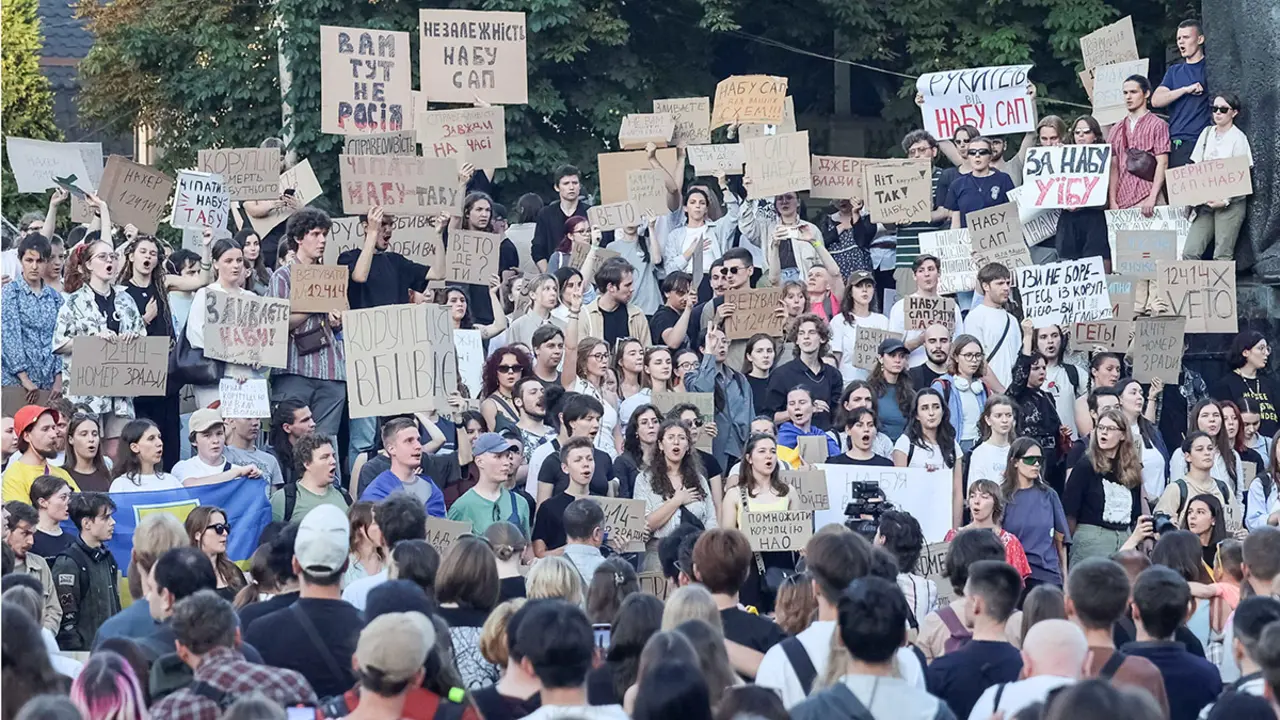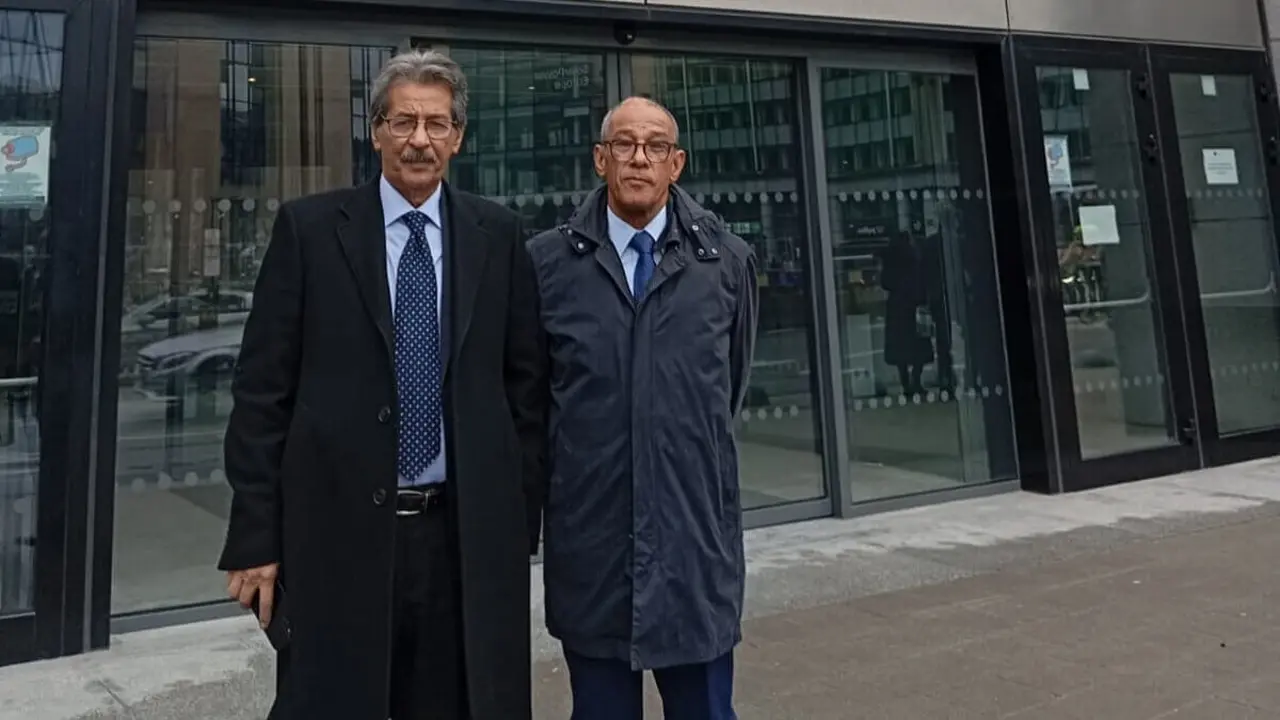Iran and Russia strengthen ties
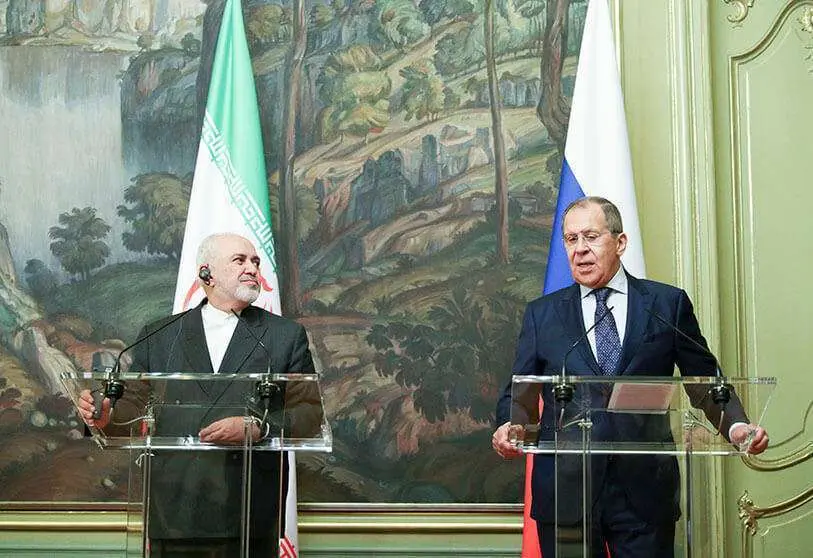
Iranian Foreign Minister Mohammad Yavad Zarif visited Moscow to strengthen relations and send a friendly message from President Hassan Rohani to Russian leader Vladimir Putin through his meeting with Russian Foreign Minister Sergei Lavrov.
"Prior to our talks, the minister conveyed a message from Iranian President Hassan Rohani to Russian President Vladimir Putin. The message was already conveyed during a telephone conversation," Sergei Lavrov said during a joint press conference with Mohammad Yavad Zarif.
According to the Russian Foreign Ministry, during the July 21 meeting the parties discussed bilateral issues, as well as international problems. The two diplomats discussed the situation in Syria (where both Iran and Russia support the regime of Bashar al-Asad which is trying to put an end to the last rebel stronghold of Idlib), the conflict in Afghanistan and the clash between the Taliban insurgents and Afghan government authorities, the situation in Yemen (where the Iranian state supports the Huthian Shiite rebels who are trying to undermine the internationally recognized executive of Abd Rabbuh Mansur al-Hadi) and the Palestinian-Israeli confrontation.
Lavrov and Zarif, the Russian Foreign Ministry added, also discussed the Joint Comprehensive Plan of Action (JCPOA). The Persian foreign minister thanked Russia for its support in the face of the United States' tough stance on this issue. "We are very pleased with Russia's help in dealing with the unconstructive position of the United States in the International Atomic Energy Agency (IAEA) and in the U.N. Security Council," the Iranian foreign minister said.
The Russian foreign minister said during his meeting with Zarif that Moscow is confident that the JCPOA will be preserved despite the US withdrawal. "Our meeting is an important stage in the efforts undertaken by the members of the nuclear pact. We consider the US line of action to be destructive in all respects, and our American colleagues intend to completely destroy this very important document and also other arms control and non-proliferation agreements," Lavrov said.
In May 2018, the US walked away from this nuclear agreement signed in 2015 with Iran and with powers such as Russia, France, United Kingdom, Germany and China limiting the Iranian atomic program, especially in terms of weapons. The US government of Donald Trump denounced the non-compliance of the Persian State and left the pact to subsequently impose political and economic sanctions on the regime of the ayatollahs; among which those related to the oil trade, the main source of Iranian financing, stood out.
Iran did not shy away from this and responded through President Rohaní himself by announcing that it would violate aspects of the JCPOA, such as those related to uranium enrichment and heavy water treatment, that it would continue to trade in its crude oil and that it would blockade the Strait of Ormuz, the main passage area for world oil trade. In this scenario there were incidents related to cargo ships in Gulf waters and attacks to oil and airport infrastructures in Saudi Arabia, a great rival of Iran in the Middle East region and main representative of the Sunni branch of Islam, as opposed to the Shiite one sponsored by the Iranian nation. Regional neighbors and the international community mostly blamed Iran and agents of its sphere, such as the Hutu rebels acting in the war in Yemen, for being behind these actions that endangered security and stability in the area and even in the world.
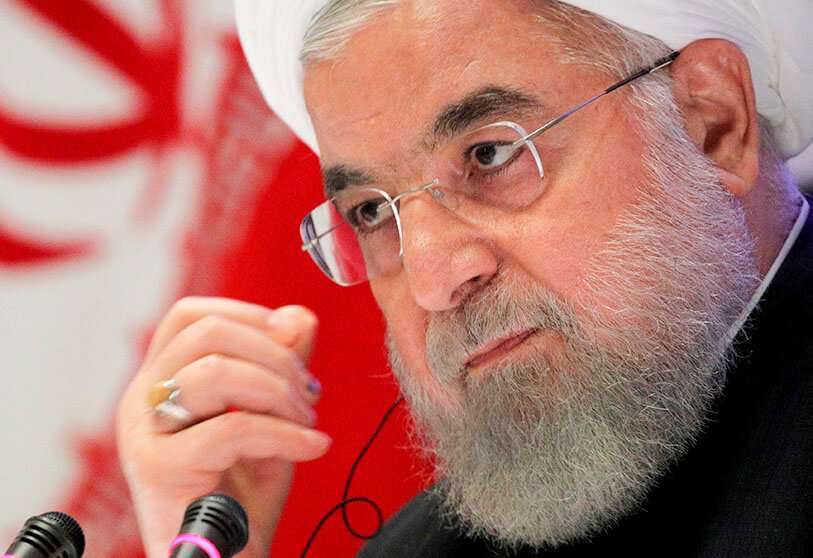
Meanwhile, after the embargo it suffered, Iran sought new partners on an international level, approaching Turkey and Qatar to have an escape valve, especially on the economic and diplomatic front. The Eurasian country and the Gulf monarchy are also known for their belligerent attitude. The Turkish country actively participates in the wars in Syria and Libya in order to have a better geostrategic position and to obtain economic benefits from gas and oil prospecting. Meanwhile, the Gulf country led by Emir Tamim bin Hamad al-Thani has already been denounced by the Saudi kingdom, the United Arab Emirates, Egypt and Bahrain for supporting cross-border terrorism, which is why these nations decreed an embargo on the Qatari state in 2017, which still stands.
On the other hand, the Persian diplomat, referring to the American attempts to extend the arms embargo to Iran (which will expire next October), has stressed that Washington's claim is not possible within the framework of the UN Security Council Resolution 2231, which endorses the nuclear agreement. A JCPOA that also continues to be supported by the European Union (EU), institution that also created the INSTEX mechanism to circumvent US sanctions and supply medical material and equipment to Iran so that it could deal with the health crisis of the COVID-19, which has hit the country of the Middle East so hard. To circumvent the US bans, the EU institution established the procedure of carrying out transactions without using the dollar.
Besides highlighting the mutual relations and cooperation between Tehran and Moscow, Mohammad Javad Zarif thanked the positions of Russia and China in support of Iran in the nuclear agreement signed in 2015 between Tehran and the 5+1 Group (USA, UK, France, Russia and China, plus Germany), denouncing the violations of the agreement by Washington.
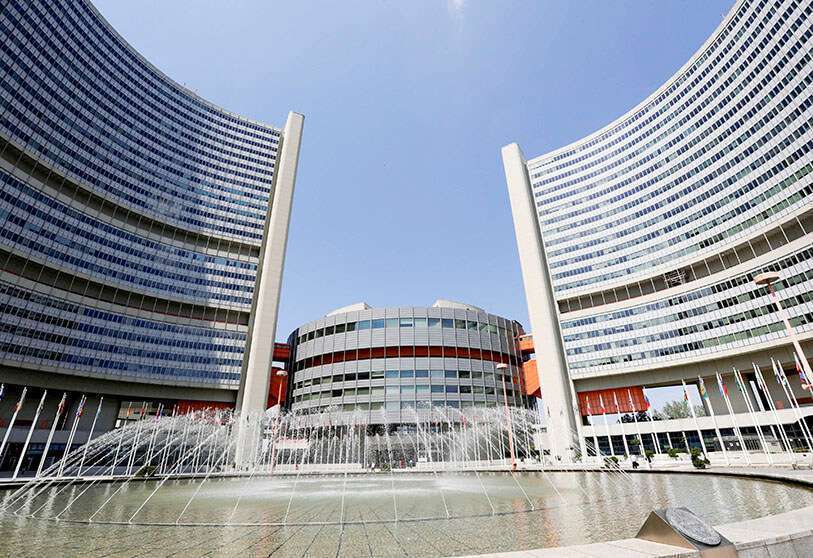
Washington's measures that do not conform to the nuclear pact and the re-imposition of unilateral sanctions against Iran, even in the midst of the coronavirus pandemic, "will result in the discrediting of the United States government," Zarif said.
On the other hand, the Iranian foreign minister also highlighted the large number of times he has visited the Russian partner, specifically 30 times. The last meeting between Sergei Lavrov and Mohammad Javad Zarif took place on 16 June in the Russian capital. "Thank you very much for your hospitality for the 30th time. I think I broke the record for the number of visits by foreign ministers to Russia. Relations between Moscow and Tehran are currently the best in the last decade. We really hope for the maximum possible development of those relations in the long term, in the most constructive way. That will undoubtedly benefit both our countries. That relationship, based on mutual respect, will also bring peace and security to the region," said the Iranian Foreign Minister.

